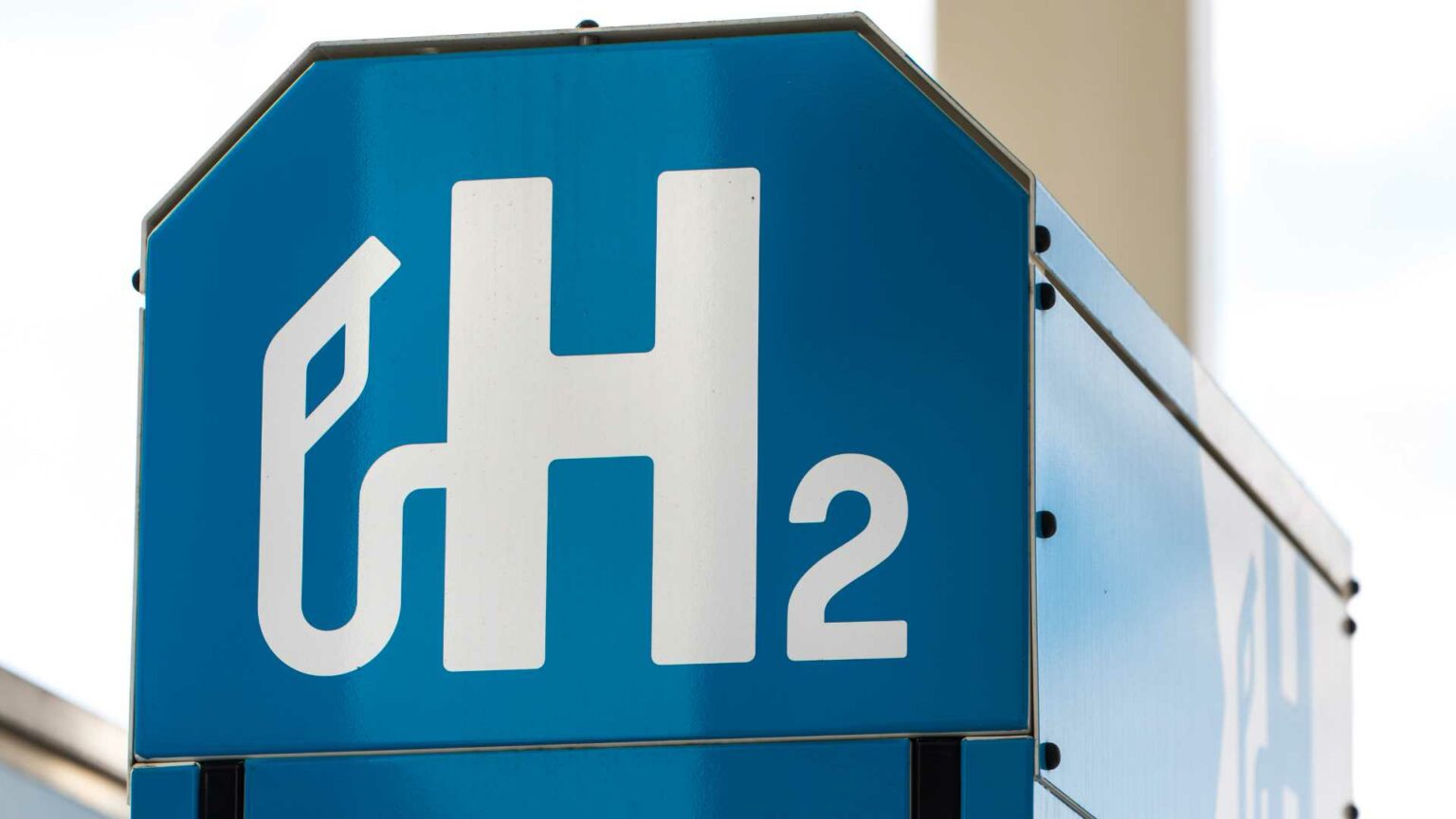In a crucial step towards bolstering the hydrogen industry’s safety, a new comprehensive training framework has been developed specifically for responders dealing with hydrogen-related incidents. The “European Hydrogen Train the Trainer Framework for Responders,” an outcome of the HyResponder project, has been detailed in a recently published article in the International Journal of Hydrogen Energy.
As countries shift towards cleaner and sustainable energy solutions, hydrogen has emerged as a key player due to its low environmental impact and high energy efficiency. However, the unique properties of hydrogen, such as its wide flammability range and low ignition energy, necessitate specialized knowledge and training for first responders to prevent and manage potential incidents.
Main Findings
The article provides an overview of the HyResponder project, which aimed to create a standardized training framework for European first responders. This initiative focuses not only on traditional fire services but also encompasses police, medical emergency teams, and other relevant stakeholders. The training modules are designed to improve responders’ understanding of hydrogen technologies and tailored intervention techniques for hydrogen-related incidents.
Potential Applications
The primary application of this research is implementing the training framework across Europe’s emergency response units. This structured approach ensures that all responders have consistent and accurate knowledge when facing hydrogen emergencies, potentially reducing the risk of injury and property damage. Moreover, this framework can be adapted and scaled up for global use, providing a robust foundation for hydrogen safety on an international stage.
Market Relevance
With the burgeoning hydrogen market expected to play a significant role in the decarbonization efforts of various sectors, including transport, industry, and energy, ensuring safety through effective response strategies is vital. The framework addresses this necessity by equipping responders with the specialized skills required to manage hydrogen incidents. This can lead to increased confidence among the industry stakeholders and the public, potentially accelerating the adoption of hydrogen technologies.
Technical Details and Methodologies
The abstract outlines a multi-faceted approach comprising theoretical education, risk assessment techniques, and practical, scenario-based training sessions. The framework also incorporates innovative simulation tools and virtual reality modules for immersive learning experiences. Such methodologies ensure responders can practice hands-on skills in a controlled, risk-free environment, thus better preparing them for real-world incidents.
Broader Implications
The development and dissemination of this training framework signify an advancement in hydrogen safety protocols. As more nations incorporate hydrogen into their energy portfolios, the collective knowledge and preparedness of first responders will play a critical role in maintaining safety and public trust. This initiative embodies a proactive approach to training, potentially setting a precedent for other emerging technologies requiring specialized emergency response strategies.
Key Takeaways
The “European Hydrogen Train the Trainer Framework for Responders” project underscores the importance of specialized training in the evolving hydrogen sector. By standardizing the training across Europe and employing innovative methodologies, the initiative aims to enhance the safety and efficacy of first responders during hydrogen incidents. This framework’s broader adoption and continued refinement could significantly impact the growth and acceptance of hydrogen technologies worldwide.
